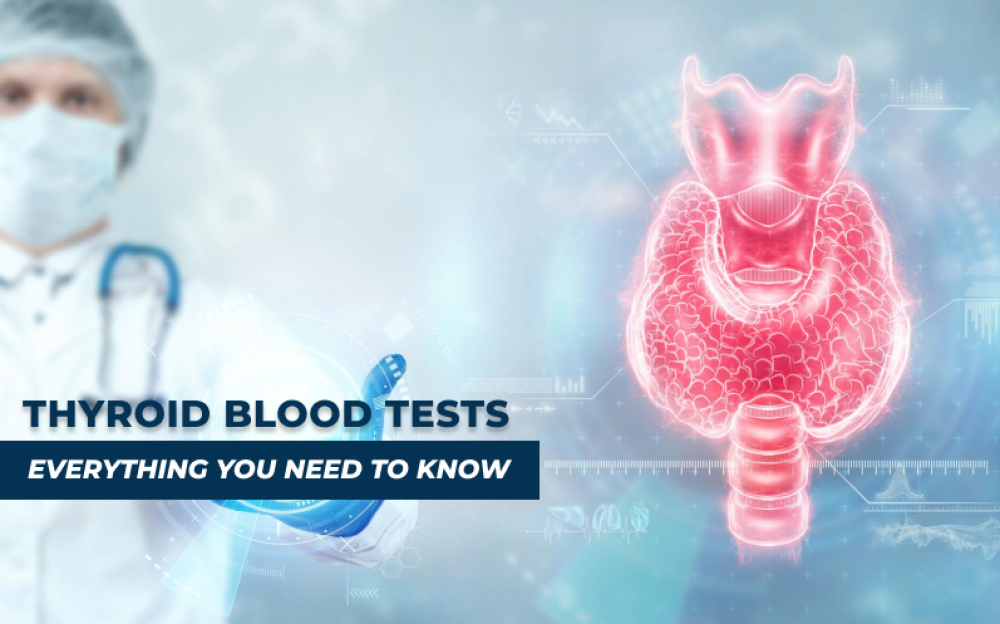

The thyroid gland produces hormones that regulate metabolism and many other bodily functions. Thyroid blood tests are used to determine if the thyroid is functioning properly and to diagnose various thyroid conditions.
1. TSH (Thyroid-Stimulating Hormone) Test:
Measures the amount of TSH in the blood, which indicates how well the thyroid is functioning.
2. T4 (Thyroxine) Test:
Measures the amount of T4, the main hormone produced by the thyroid, in the blood.
3. T3 (Triiodothyronine) Test:
Measures the amount of T3 in the blood, a more active form of the hormone produced by the thyroid.
4. Thyroid Antibody Tests:
Measures the presence of antibodies in the blood that attack the thyroid gland, which can indicate an autoimmune thyroid condition.
1. Fast before the test:
Most thyroid blood tests require the person to fast for several hours before the test.
2. Avoid certain medications:
Certain medications, such as antidepressants and blood pressure medications, can affect thyroid blood test results. It is important to speak with a doctor about any medications that need to be temporarily discontinued before the test.
1. Normal Results:
Normal thyroid blood test results indicate that the thyroid is functioning properly.
2. Abnormal Results:
Abnormal thyroid blood test results can indicate various thyroid conditions, such as hypothyroidism (underactive thyroid) or hyperthyroidism (overactive thyroid).
3. Further Testing:
If thyroid blood test results are abnormal, further testing may be necessary to diagnose the underlying thyroid condition.
1. Medication:
If a thyroid condition is diagnosed, medication may be necessary to regulate the production of thyroid hormones.
2. Surgery:
In some cases, surgery may be necessary to remove the thyroid gland or part of the gland.
3. Radioactive iodine therapy:
Radioactive iodine therapy may be necessary to shrink the thyroid gland or to treat certain thyroid conditions.
It is important to speak with a doctor about any symptoms that may be related to a thyroid condition, such as fatigue, weight changes, and mood changes. A doctor can perform diagnostic tests, including thyroid blood tests, and provide recommendations for treatment, which may include medication, surgery, or radioactive iodine therapy, depending on the severity of the condition.
In conclusion, thyroid blood tests are used to determine if the thyroid is functioning properly and to diagnose various thyroid conditions. Normal thyroid blood test results indicate that the thyroid is functioning properly, while abnormal results can indicate various thyroid conditions. Further testing may be necessary to diagnose the underlying thyroid condition, and treatment may include medication, surgery, or radioactive iodine therapy, depending on the severity of the condition.

Low Blood Pressure: Understanding the Normal Range, Detection, and Natural Treatment at Home

Irritable Bowel Syndrome (IBS): What You Need to Know About Symptoms, Causes, and Treatment